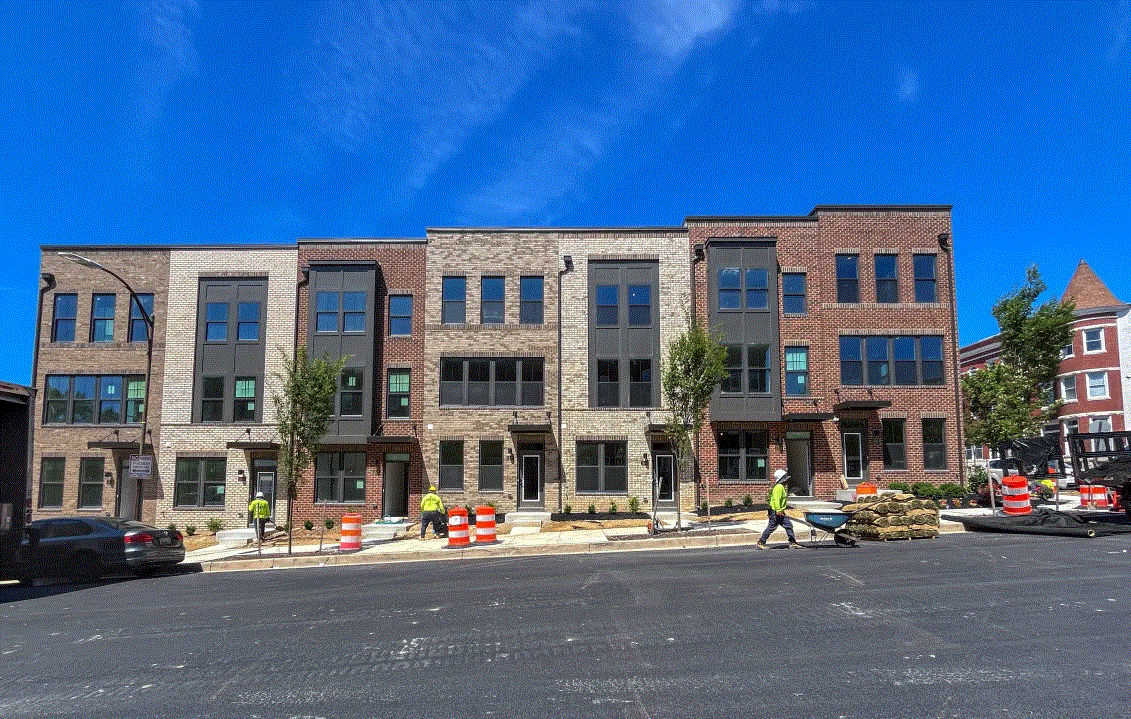
Madison Park development site being developed by MCB Real Estate. (Karl Merton Ferron/Staff)
Why the $16M handout to politically connected developer? | READER COMMENTARY
Originally published in the Baltimore Sun
Kudos to Lorraine Mirabella for documenting the latest example of Baltimore’s corrupt, discriminatory and highly ineffective tax policy (“Mayor Scott proposes city chip in $16M for new West Baltimore office building,” Aug. 6).
To see why this handout is outrageous (like so many before it), a little tax arithmetic is unavoidable. The hoped-for outcome here is a $41 million office building. If assessed at the city’s confiscatory 2.248% property tax rate, that puts the owner on the hook for an annual tax bill of $921,680. Make the same investment a few miles away in Baltimore County, however, and the bill falls to $451,000 per year.
Obviously, this $470,680 annual difference is not chump change. That kind of tax hit has repelled investment and fueled job losses and population flight from Baltimore for decades.
Hence, city officials’ promise of a $16 million up-front handout. Funny coincidence: Invest that amount in AA-rated municipal bonds (the current interest rate on which is 2.9%) and you’ll earn exactly enough to offset the city’s tax disadvantage.
That removes the investment repellent for this well-connected developer, but what about the 250,000 loyal city households who have declined to flee and would like to own or improve a home or business here? Why does the mayor oppose a competitive property tax rate for them?
Mirabella’s excellent coverage provides the answer: She highlights the generous campaign contributions that flow to those with the power to distribute these special “incentives” to a favored few. This seems like savvy politics to city leaders, but it is very bad economics — and Baltimoreans have been suffering the ill effects of this “pay to play” culture for far too long.
— Steve Walters, Baltimore
The writer is chief economist for the Maryland Public Policy Institute.






